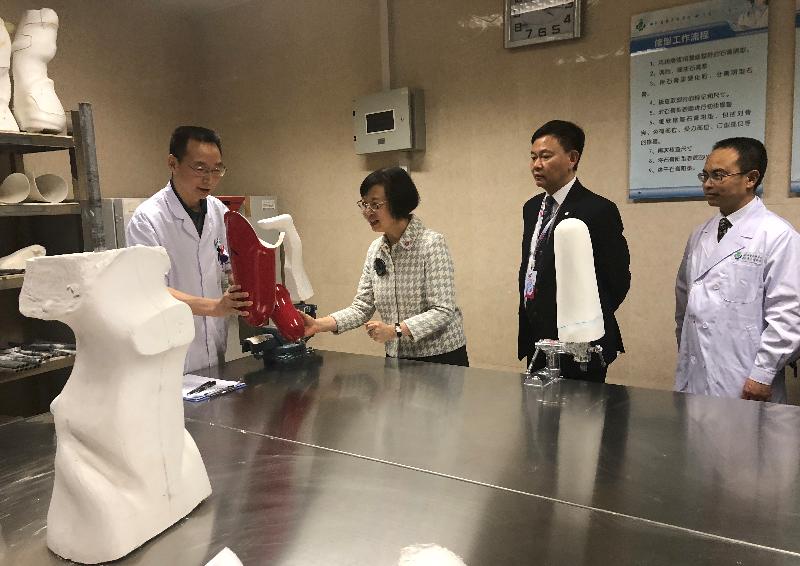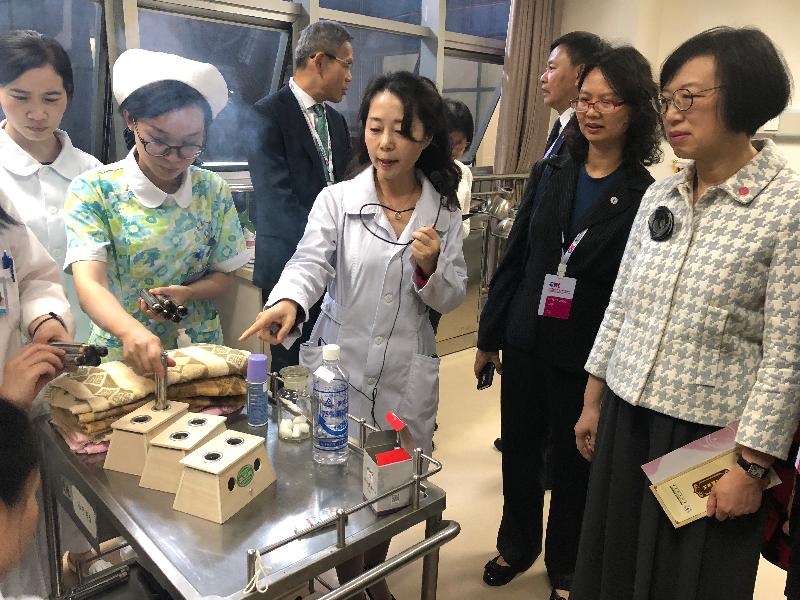Response to media enquiries on average waiting time for public housing
In response to media enquiries on the average waiting time announced today (May 11) for general applicants for public housing as at end-March 2018, a spokesman for the Transport and Housing Bureau issued the following statement:
As indicated by the Government time and again, since the public rental housing (PRH) supply has been falling short of the demand for PRH over the years, there has been an ongoing upward pressure on the waiting time for PRH.
In the past few years, we have been making our best efforts in increasing PRH supply. Despite the continued increase in new PRH units, the pace of increase is not fast enough to absorb the cumulative PRH demand over the years, hence prolonging the waiting time of PRH applicants. When those applicants with longer waiting time are eventually allocated with PRH units, their longer waiting time will be reflected in the average waiting time.
In future, we will continue our efforts in increasing PRH supply. For the next five years (from 2017-18 to 2021-22), it is estimated that about 74 700 new PRH units will be completed, representing a steady increase over the previous four five-year periods.
We hope that different sectors of the community will support the PRH development projects. We also appeal to the general public for support of the Government’s work in identifying land for housing construction.
Besides new PRH units, the Hong Kong Housing Authority (HA) also relies on recovered flats to meet the demand for PRH. On average, there is a net recovery of over 7 000 PRH units annually. The HA will endeavour to better utilise PRH resources to ensure allocation of resources to those with more pressing housing needs. To this end, the HA has been reviewing the relevant policies from time to time, such as revising the “Well-off Tenants Policies”, and combatting tenancy abuse to safeguard the rational use of PRH resources. read more



